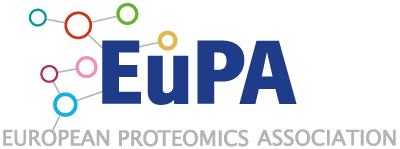Coordinator:
Franck Vandermoere, France
The current mission of the EuPA Initiatives Committee (IC) is:
- support existing European proteomics initiatives by providing funding and infrastructure and promoting their scientific and educational activities in a fair and transparent way
- encourage the creation of new initiatives that value scientific excellence, equality, inclusion and diversity
- foster links between initiatives and stimulate interdisciplinary exchanges to favor scientific innovation
Members of the Initiatives Committee:
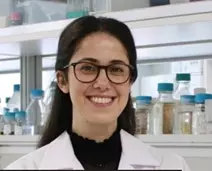
Yasemin Furtun, Turkey (2021-2023)
“Working towards a diverse and inclusive proteomics research by fostering gender equality and supporting fruitful exchanges between proteomics community and other life science researchers.”
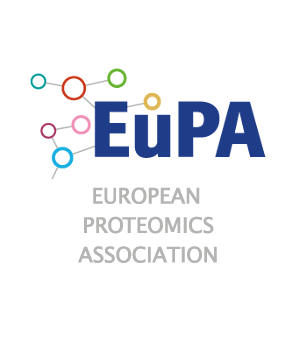
Maria Hernandez-Valladares, Norway (2021-)
“Implementing strategies to reach efficient involvement in biobanking and strengthen the clinical and glycoproteomics areas”

Viviana Greco, Italy (2023-)
“”
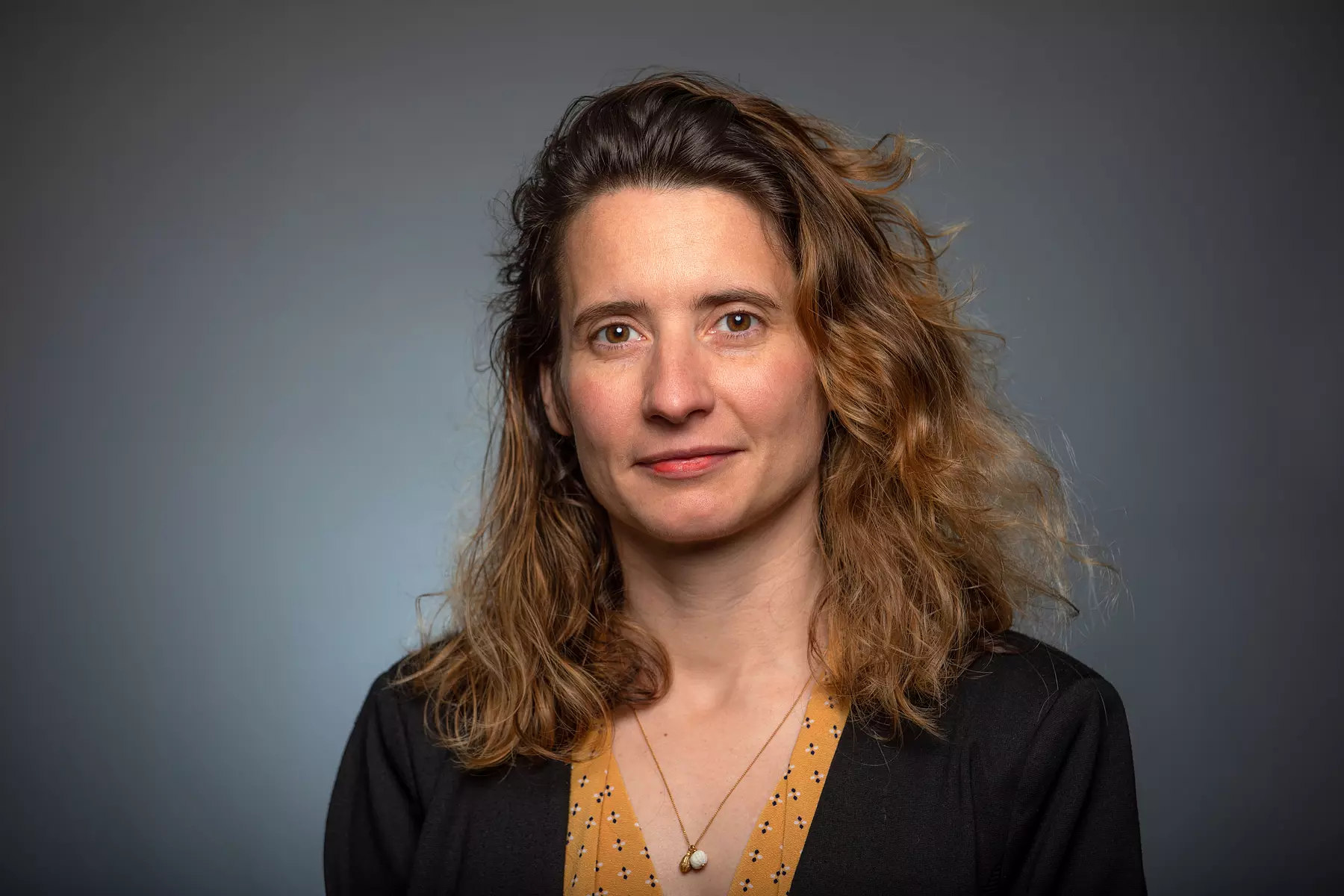
Lydie Lane, Switzerland (2021-2023)
“Working at the interface between experimental cell biology, proteomics and bioinformatics, my aim is to stimulate interdisciplinary exchanges to favor scientific innovation.”

Frédérique Lisacek, Switzerland (2021-)
“Keen to share a dynamic and decorated view of proteins across Europe”

Karl Mechtler, Austria (2021-2023)
“Research should be driven by curiosity. Through basic science, we try to answer fundamental questions about how life works.”

Shabaz Mohammed, UK (2023-)
“Ensuring new knowledge and tools become democratised and available to all.”

Oxana Trifonova, Russia (2021-)
“Preservation of the EuPA traditions in a new format and engagement new areas for proteomics and other omics-based tools implementation.”
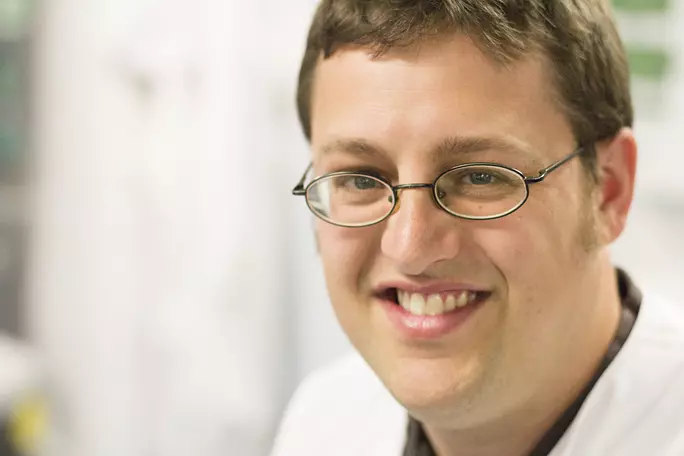
Richard Unwin, UK (2021-)
“Develop strategies and workflows to enable mass spectrometry and proteomics to become a useful tool for biomarker measurement in the clinical laboratory.”

Franck Vandermoere, France (2021-)
“Facilitate the exchanges between European scientists from different fields in Proteomics and promote an equal access to the knowledge and the facilities in Proteomics.”
